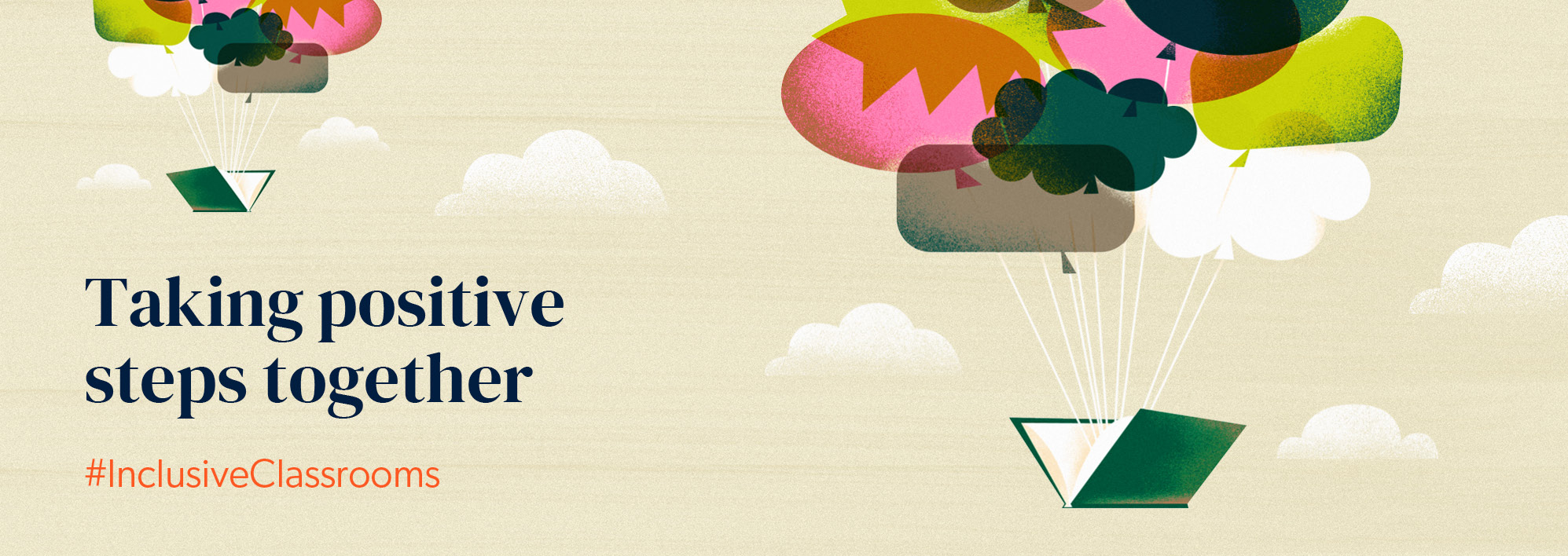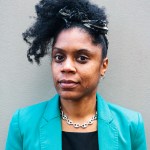Power dynamics between your pupils could be limiting their learning potential. I’m going to suggest two simple ways to disrupt differences in power and status that will inform your thinking about how to make your classroom a more inclusive environment.
As teachers, we may feel uncomfortable talking about equity; we don’t want to be political, we just want to teach! But I slowly realised during my 14 years in the classroom that education is inherently political. It can be withheld for political reasons, and educational access and outcomes have historically been, and still are, impacted by gender, sexuality, ethnicity, family income, disability and Special Educational Needs.
Inclusion is about providing equal access to learning opportunities and resources for people who might otherwise be excluded or marginalised within our educational system (and society). To achieve full inclusion, we need to consider the power dynamics within our schools, how those might affect the learning of all of our pupils and how we might disrupt these dynamics to help our children and young people to fulfil their true potential – which ultimately is what we are all trying to do.
Power dynamics in schools are similar to those in wider society, but on a smaller scale, and with a population that is not as good at regulating itself! As well as being places of learning, schools are intensely social settings. In wider society there are a number of groups who automatically wield more power, including:
- Men
- Abled people
- People perceived to be white
- Clever people
- People considered conventionally beautiful
- People with wealth
Two simple ways to challenge the power dynamics in your classroom
I’d like us to consider how differences in power and status between pupils in a classroom setting could affect two of our most basic day-to-day activities in pair work and a whole class Q&A.
Pair and group work
I occasionally paired an academically more able pupil with a less academically able pupil to understand work because they could explain in a different way. However, if we consider the situation through a power lens, the ‘less academically able’ classmate may feel less confident to challenge a classmate who they think gets more things right than them, or who they perceive is treated more favourably by the teacher.
Introducing clear ground rules for pair work could disrupt such a dynamic. You could subvert the most obvious power dynamics by introducing a limitation or restriction of some kind. Perhaps the neurotypical kid in the pairing is only allowed to ask questions and has to write down the stammering kid’s views for five minutes before giving their own opinion. Maybe the popular kid has to wait and go second. This won’t work for everyone, as every individual is different, but can be done subtly by knowing your class well and assigning roles A and B, rather than saying “Oi! Popular kids! You aren’t in charge today!”
Q&A: Whose ideas are publicly sought, heard and listened to?
Classrooms can be places where it’s survival of the fittest. Teachers try to be fair but we have been socialized in an unequal society just like everybody else. Sadly, some pupils become accustomed to repeatedly not being heard or listened to: at home, in peer groups, or at school. One idea that I implemented in my classroom was to make sure that I asked a question of every single pupil in every single lesson because I noticed that some students always slipped off the radar while others dominated. I made a public declaration and all of my classes knew my aim. The practice became an injoke and near the end of the lesson I’d often check, “Who haven’t I spoken to properly today?”
Eventually pupils started to regularly prompt me, “Miss you haven’t asked me anything yet”, or “Miss you haven’t spoken to Halima today”. Over time, pupils became used to our lessons as being a space where everybody was asked an opinion, listened to, heard and ultimately challenged at a level appropriate to them. Which, on reflection, is the very essence of inclusion.
Iesha Small has 14 years’ experience as a maths teacher and senior leader across London and the East of England, her career has been focused on creating a fairer society via education, leadership, writing and through influencing policy. She is the author of The Unexpected Leader and currently Head of Change for Education and Families at the Youth Endowment Fund.

